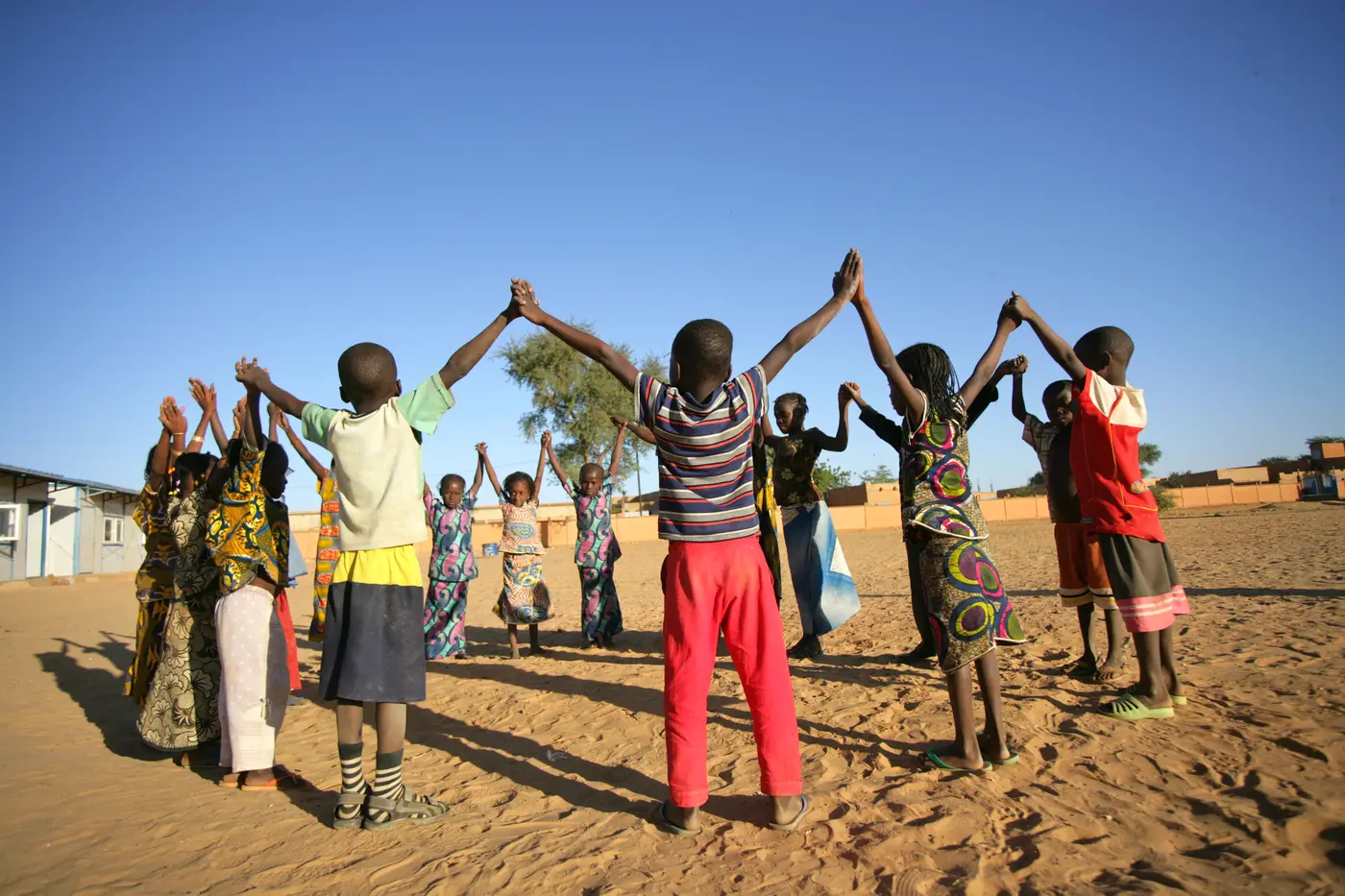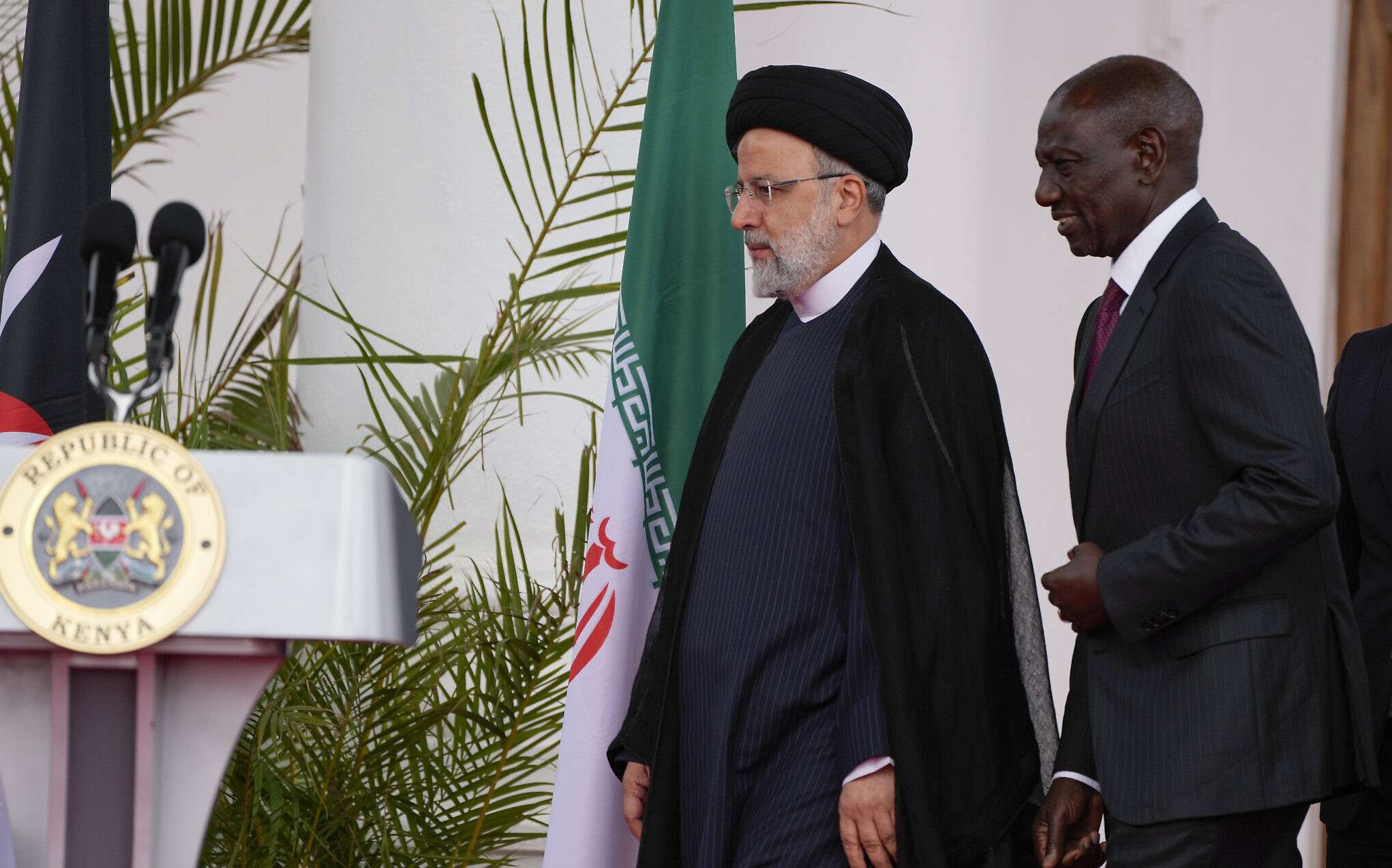The report underscores that while Kenya has made commendable progress in combating human trafficking, sustained political will, stronger institutional capacity, and greater accountability remain essential if the country is to advance to full compliance with international standards and ultimately secure a Tier 1 ranking
By The Weekly Vision Reporter
Kenya has been placed in Tier 2 for the second consecutive year in the 2025 Trafficking in Persons Report by the United States Department of State. The report states that while the government does not fully meet the minimum standards for the elimination of trafficking, it is making significant efforts to do so.
“The government demonstrated overall increasing efforts compared with the previous reporting period; therefore, Kenya remained on Tier 2.” According to the report, these efforts included investigating, prosecuting, and convicting more traffickers. The government also identified more potential trafficking victims, partnered with various NGOs to offer assistance, and partially opened its first government-run shelter for trafficking victims, which involved renovating a building and hiring and training staff.
The report further notes that the government regularly sought input from survivors, particularly those exploited in Gulf states, on its anti-trafficking measures. However, the report highlights that Kenya failed to meet minimum standards in several key areas, particularly in the provision of protection services for victims, especially adults.
“Despite ongoing concerns of official complicity in trafficking crimes, which hindered both law enforcement efforts and victim identification, the government did not report any law enforcement action against allegedly complicit officials. Efforts to protect Kenyan trafficking victims abroad, particularly migrant workers in Gulf countries, and to hold fraudulent labour recruitment agencies accountable remained inadequate,” the report adds.
The report outlines several recommendations for Kenya to strengthen its response:
- Enhance protection of victims abroad: Require pre-departure training for all migrant workers, train embassy staff to identify and assist victims, negotiate additional bilateral labour agreements with stronger safeguards, and assign more labour attachés to embassies to monitor working conditions.
- Strengthen legal frameworks: Amend anti-trafficking laws to remove sentencing provisions that allow fines in lieu of imprisonment for sex trafficking offences.
- Expand victim support: Increase availability of both short-term shelters and long-term housing, alongside specialised services, by partnering with NGOs that provide care.
- Improve victim identification: Utilise the SOPs and National Referral Mechanism (NRM) to proactively identify victims by screening vulnerable groups, such as refugees, asylum seekers, individuals in commercial sex, Kenyan migrant workers returning home, and foreign national workers, and refer them to appropriate services.
- Raise public awareness: Increase campaigns on all forms of trafficking, either directly through government initiatives or by supporting NGO-led efforts.
- Enhance training: Provide comprehensive training for all levels of government, particularly law enforcement and local authorities in rural and coastal areas, on identifying, investigating, and managing trafficking cases.
- Enhance prosecution and accountability: Increase investigations and prosecutions, ensure adequate penalties for convicted traffickers, and hold complicit officials accountable through substantial prison terms.
- Regulate recruitment agencies: Enforce strict oversight of labour recruiters, validate worker training, ban recruitment fees, criminally charge fraudulent recruiters, and train inspectors to report violations.
- Protect victims from penalisation: Ensure trafficking victims are not punished for unlawful acts committed as a direct result of their exploitation.
- Strengthen victim-witness support: Expand assistance for victims engaged in criminal proceedings to avoid re-traumatisation.
- Implement policy and funding commitments: Fully implement the 2022–2027 National Action Plan (NAP) to combat trafficking and allocate dedicated funds for anti-trafficking measures.
- Improve data and coordination: Establish a comprehensive centralised database on trafficking cases to enhance inter-agency coordination and provide accurate statistics on law enforcement actions and victim identification.
The report underscores that while Kenya has made commendable progress in combating human trafficking, sustained political will, stronger institutional capacity, and greater accountability remain essential if the country is to advance to full compliance with international standards and ultimately secure a Tier 1 ranking.





